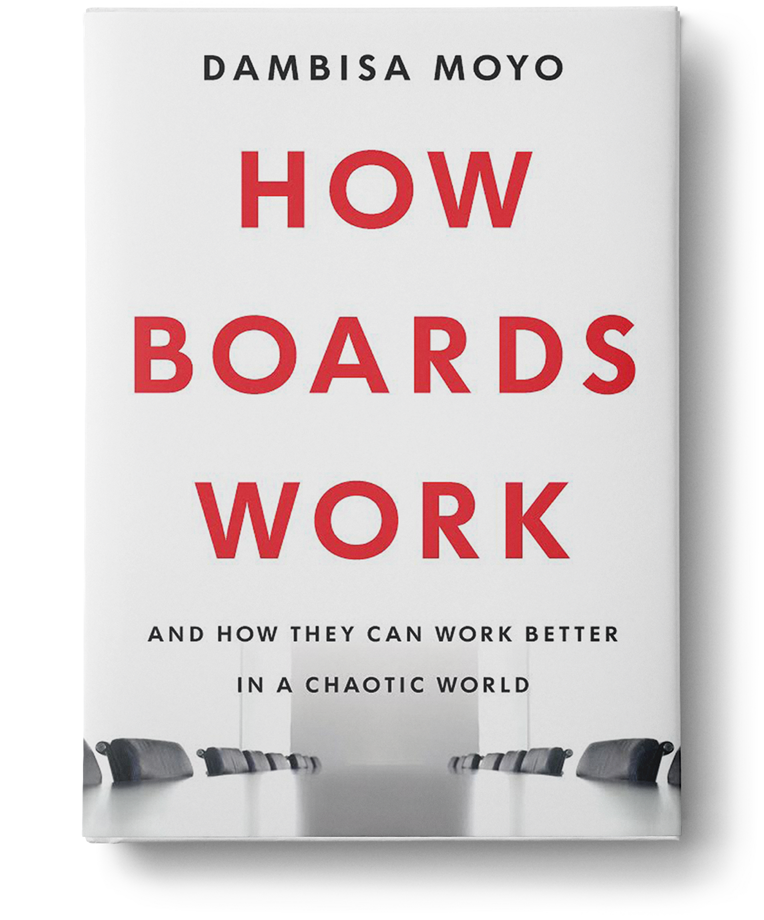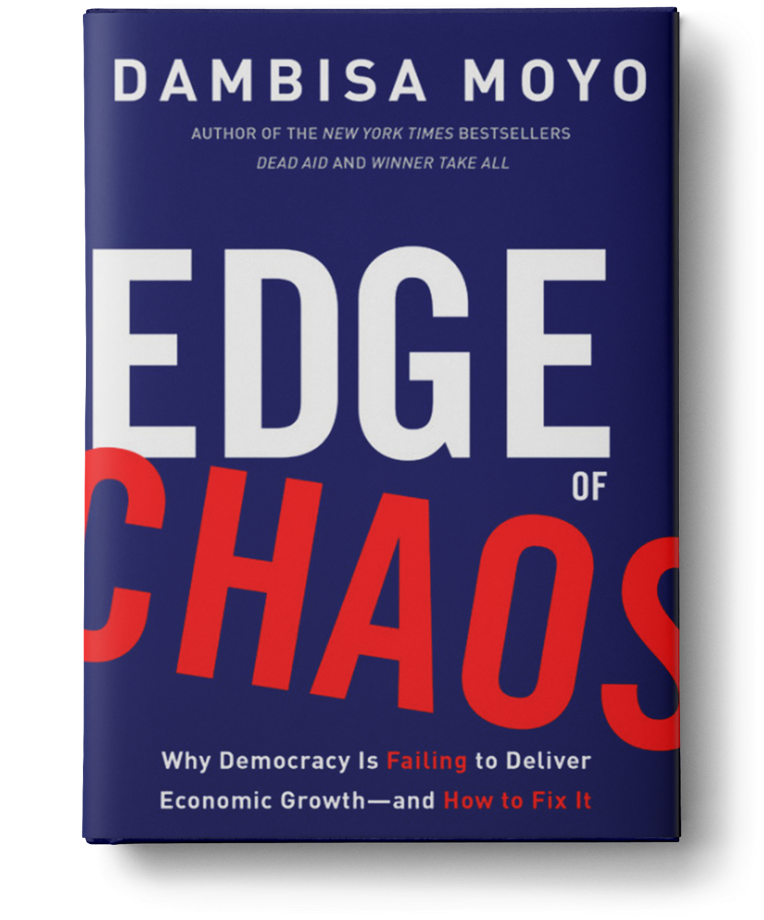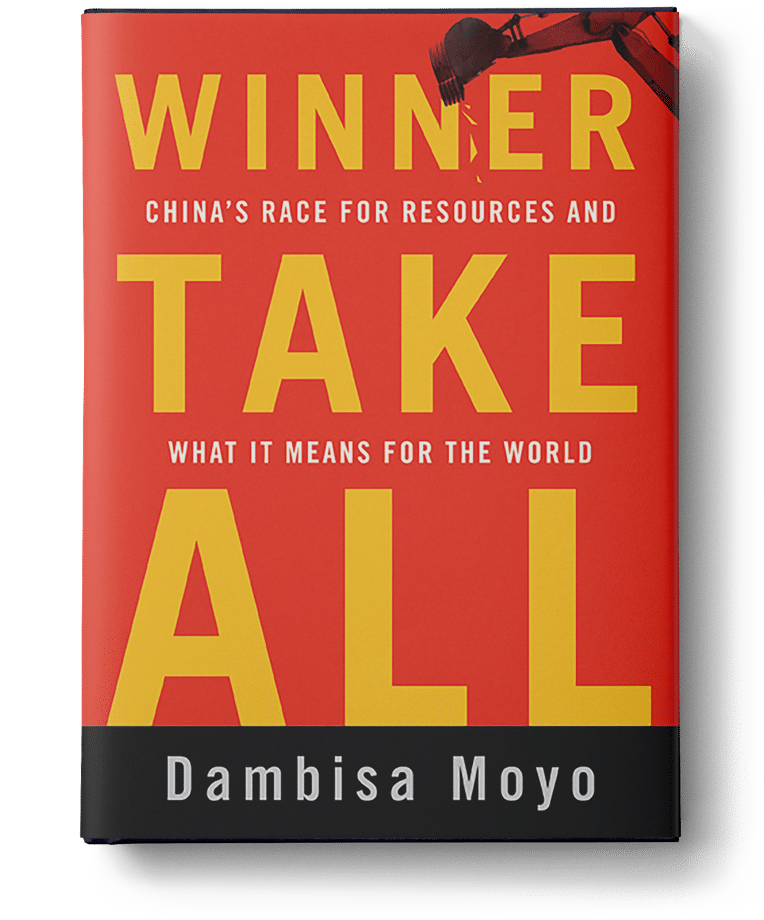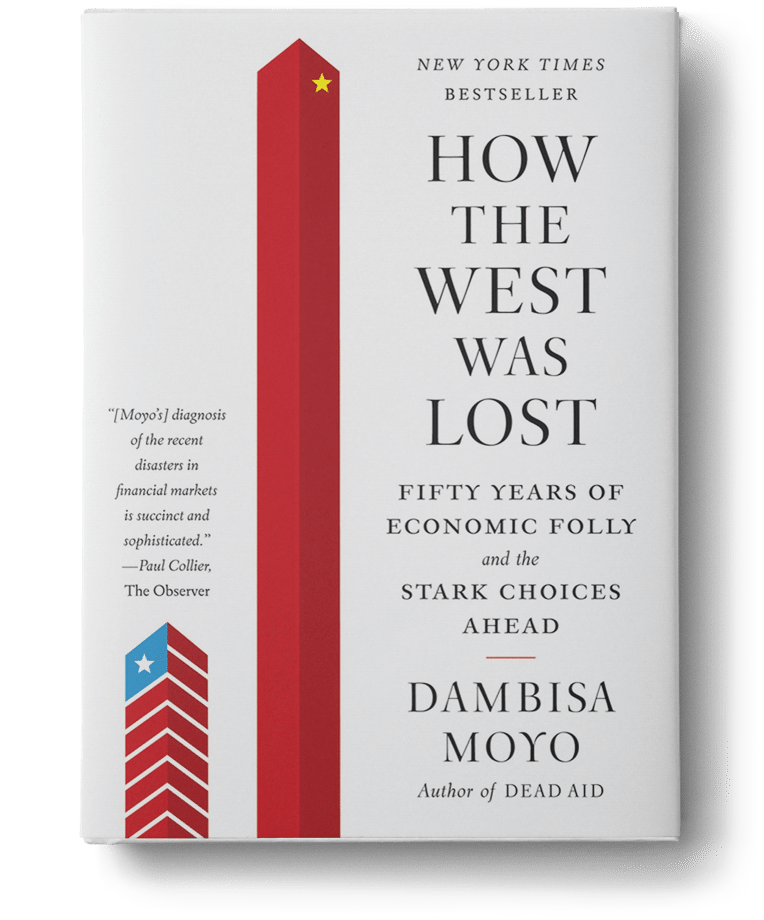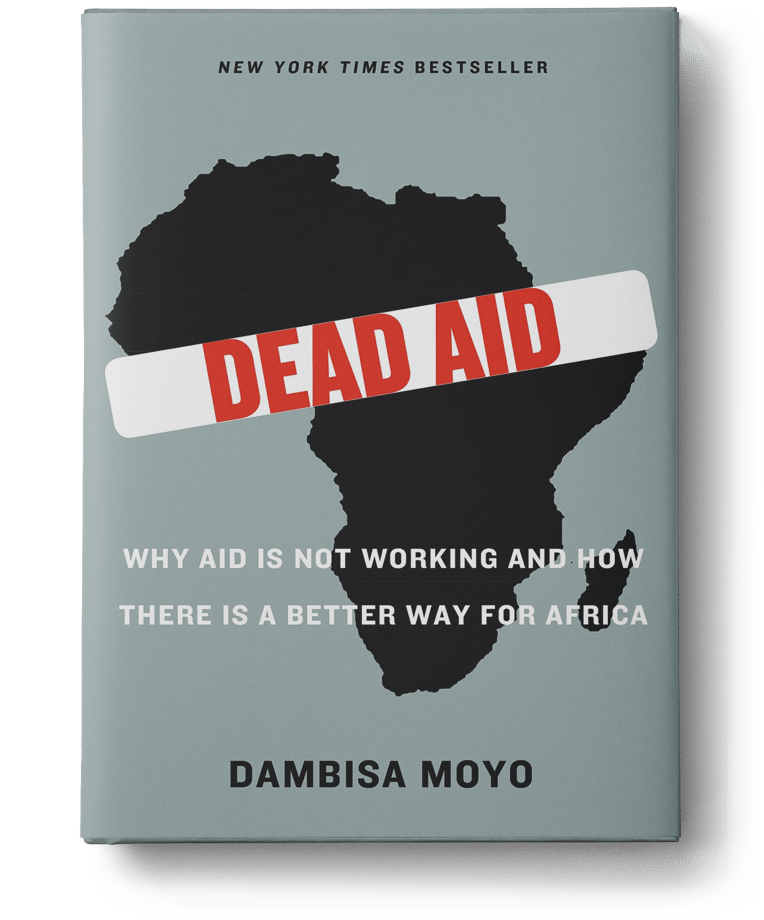In How Boards Work, Dambisa Moyo addresses fundamental questions:
- The three (3) key responsibilities of a corporate board
- The levers and limitations boards have to create change across the business landscape
- Whether corporate boards remain the ideal governance structure in the 21st century
As well as more urgent questions:
- How boards should address financial shareholder versus stakeholder capitalism, and balance profit motives with growing broader expectations of society
- How boards should approach quotas as they look to address diversity, and the emergence of a new cultural frontier around data privacy, worker advocacy, and environmental concerns
- Whether being ESG-compliant is at odds with investing in China
- How to best to tackle 21st century challenges from digitization to deglobalization
